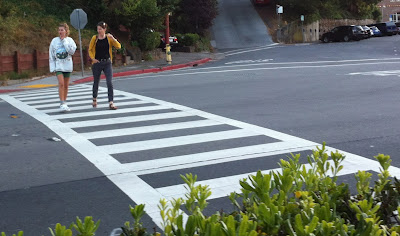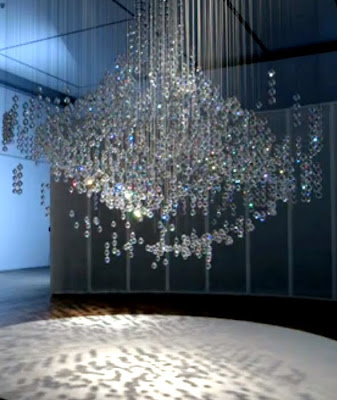Fig.1. The muddy sides of the River Ouse, Piddinghoe. At low tide.
We are very good at forgetting: it's vital.
We see, feel, sense far too much in our daily lives (which includes when asleep). Come to think of it what on earth was I doing on a student exchange to North America last night where I am twenty years older than my hosts ... (probably sums up how I feel about the workplace).
See. Some memories are made for us, or by us whether or not we want them.
Learning though requires us to gather, create and retain stuff. Some of this stuff is forgettable; it doesn't resonate, or is poorly taught or expressed. Or we simply don't get it the way it is expressed, or the first time around.
Make it a memory
At an OU Residential School the session on revision was packed. The tips made us laugh: sucking a choice of Polo Fruit sweets by subject theme - when you come to the exam repeat and each sweet will link you to that period of revision. Odd. But it worked often enough for me to convince me of its value.
Fig.4. Ebbinghaus and his 'Forgetting Curve'
The science from the likes of Hermann Ebbinghaus and his 'Forgetting Curve' simply indicates how something fades, unless you go back to it a few times over several days over which period you make it stick. It doesn't say anything about the 'stickiness' of the memory in the first place. Sometimes this stickiness is made for you. There is drama, there is an explosion. Most likely, by chance, the learning is anchored by some unrelated event like the fire alarm going off - that won't work for 50 different things though.
Fig. 5 Multiple ways of making 'it' stick: read (book and e-book), highlight, tag and take notes.
If the module, or your tutor isn't doing it for you then the next step is to dig around for a book, video or image that does it for you.
Most likely, and of far greater value, is for you to turn that lesson into a memory of your own creation. There is always value in taking notes, so never listen to the presenter who says 'no need to take notes I'll give you the slides afterwards'. Never trust the quality of the slides. What the person said will be of more value then the slides. You, and your handwriting, and your doodles are how it starts to become a memory. Then when you write up or rewrite those notes you do it again. You make it into something.
Fig.6 The River Ouse at low tide.
I'm fixating on the horror of drowning in a shell-hole in the First World War.
Ever since I was a boy those images of cowboys and Arabian princes sinking into quicksand has horrified me. What must it have been like? Walking the dog by the River Ouse at low tide just as it turned the gurgling of water backing up and filtering into the muddy bank gave me the shivers. That sound was ominous. It made a memory of the walk and the thought. It's also what is sustaining me as I work at a short story.
Fig. 7 A family memory of a wedding in California. Will it stick?
We've talked about 'memory making' in the family.
It is the event, and the sharing of the event. My late mother-in-law was horrified that her daughter couldn't remember a road-trip they did across the US when she was 13. I concluded that she hadn't remembered much, or couldn't remember much when it was mentioned out of the blue, as the trip was never shared. Conversations are and were always about current and future events. This is why it helps to get the old photo albums out from time to time. But there's a loss. Do we make them anymore? Visiting a mislabelled album online is never the same.
Fig. 8. My late grandfather John Arthur Wilson MM with the author Lyn Macdonald at the spot north of Poelcappelle, Belgium where he buried two of his mates - 75 years after the event. He recalled it 'like yesterday'.
Recalling the First World War
Some veterans would talk, others remained silent. Those who did not want to remember could and did forget. My late grandfather was a talker; it drove my mother mad. I came to love his recollections. Clearly, there were events that would have burned themselves into the memories of these men, but unless they talked about it, in a veteran's association or with family and friends it was not going to stick. No wonder veterans would seek each other out over the decades. Nudged by histories and movies their memories could be changed though; sometimes they came to say what was expected of them 'the rats were huge, the generals useless, the German bunkers impenetrable, the mud up to your waist, the sound of the individual shells ... '
In conclusion
Whatever activities and devices are built into your module, you are responsible and can only be responsible for making something of it. Take the hint. Engagement takes time so make the time for it. These days it is made easier through the Internet. You can keep a blog to share or as a learning journal; you can talk it over with fellow students either asynchronously in a forum (or blog), or synchronously in a webinar. You can 'mash it up' with images, grabs, doodles and annotations. You can make it your own. It'll stick if you want it to but superglue requires effort. Someone else 'sticks it' for you and it won't happen.





